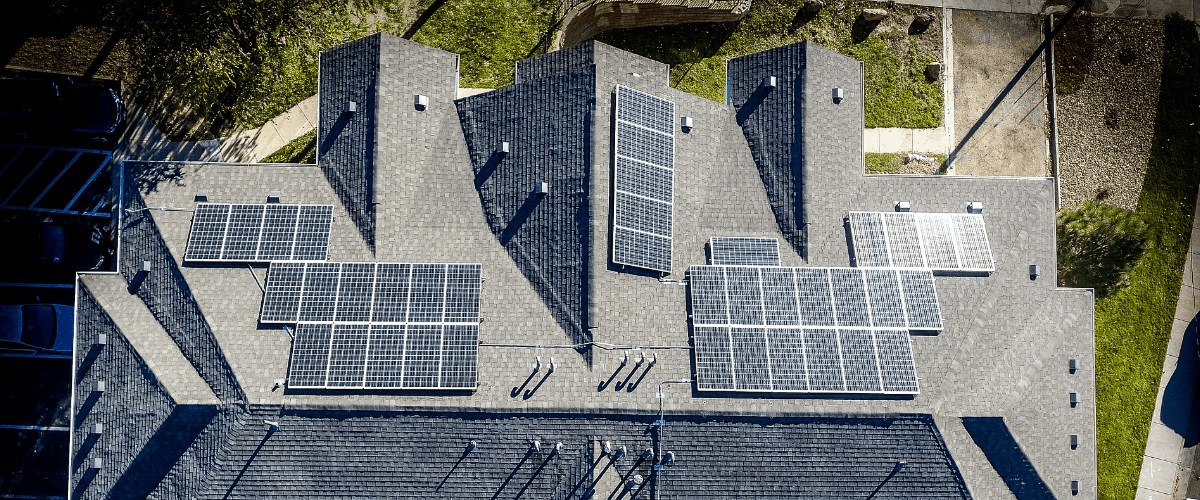As renewable energy becomes increasingly viable in the modern age, many folks are giving systems like wind and solar another chance when establishing a self-sufficient home. And of all of them, non have changed as much as solar. So now we’re wondering, is solar energy worthwhile in 2021?
First, we need to break down some numbers. Solar panels generate energy. That energy is then either used in your home or sent back into the power grid for subsidies on your power bill. Both result in a reduction on your power bill. If you want to store the energy and use it in your home, you’d need a battery, which costs more, but allows for potentially off-grid power.
But what about the panels themselves? They’re often sold “by the watt,” which is the cost for all equipment needed to generate that much power. The price, which ranges from manufacturer and state of purchase, costs between $2.40 to $3.22 per watt. As such, a 10 kilowatt set up can cost as much as $17,760 to $23,828, depending on where you live. You can find companies that install systems as low as 2 kW though, which would only cost about $4,000 to $5,600.
So how much power is that monthly? That’s how electric bills are calculated, after all. A solar panel rated for a certain wattage can generate approximately 10 to 15x that wattage over a month, assuming at least 5 hours of direct sunlight a day. That means a 10 kW system would generate 1,000 to 1,500 kWh.
So we know the cost to power level. Now we need to compare that to your home’s power usage.
The average home uses about 870 kW a month. Granted, this is the average between the low energy times in spring and fall and the high energy times of summer and winter. It also assumes a gas heating system. If you’re a fully electric home, you can expect electric usage as high as 3,000 kW in the winter, with rates below 700 kW in the more moderate seasons.
That means that your average, fully electric home could survive entirely on a 10 to 20 kW solar system. The cost of such a system (assuming you have enough land space) is between $20,000 and $40,000 after tax credits.
A low end of $20k sounds like a lot of money, but is it worth it? You could create an off-grid home with that kind of power. And even if you didn’t. It’d pay itself off in time. Assuming that your power company charges $0.049 per kW, a 10kw solar system would “pay for itself” in about 11 years.
Should You Invest in Solar Panels?
Solar has reached a point where the answer no longer is a flat “no,” but an “it depends” situation. If you live in a place with expensive electric rates, you plan on staying there for over a decade, and you have enough money to drop on such a system, it sounds like a worthwhile investment. Often cloudy locations with little sun and already affordable electric rates might not find a need.
Personally, we’re pretty interested in the idea, and might not wait long to schedule an installation. Until then, we’ll keep to our portable solar panel system.

